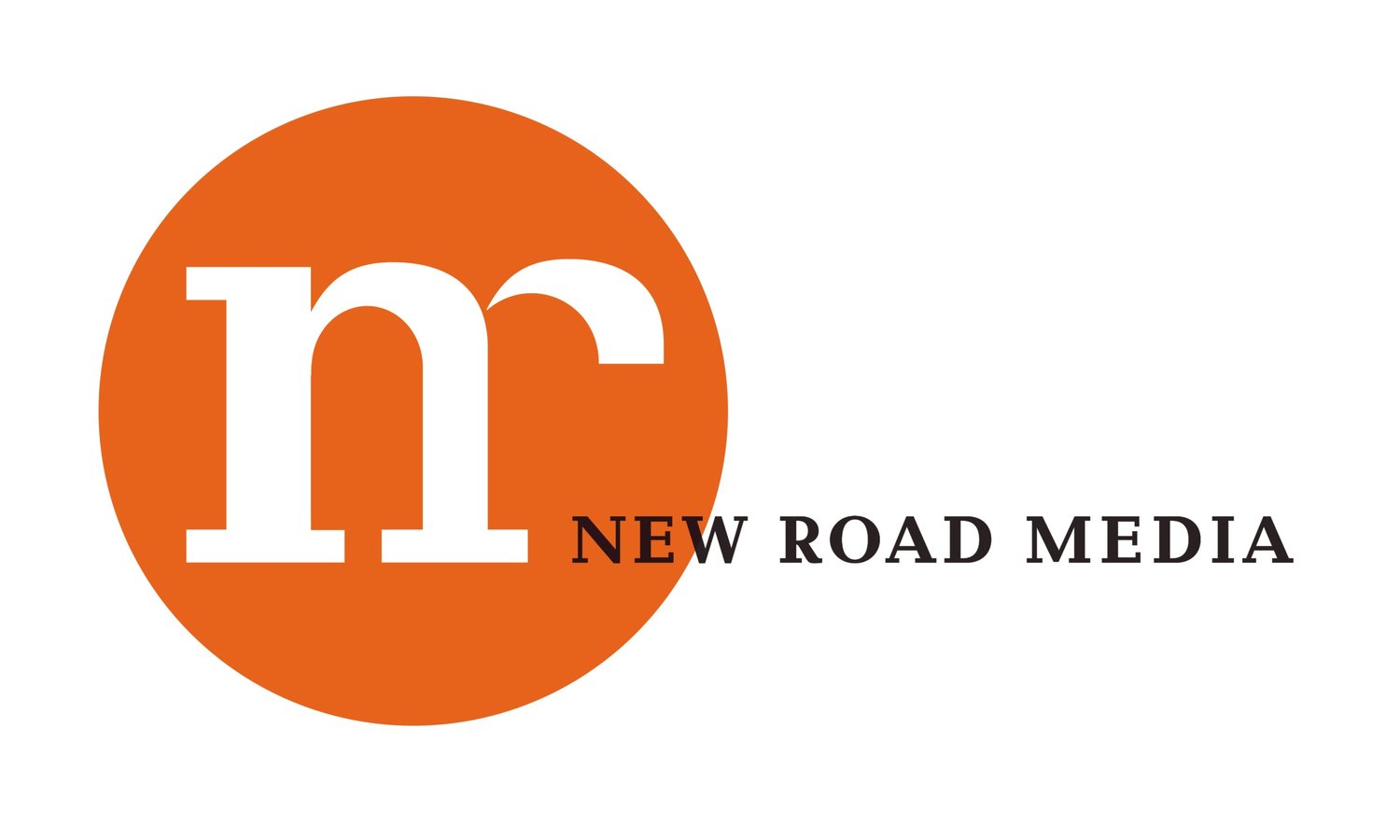by Ritika Puri
Let’s face it. It’s scary to talk about our startups. With a failure rate of 92 percent, according to the Startup Genome Project at UC Berkeley and Stanford, the reason why is self-evident. We don’t want to over inflate an idea that isn’t ready to see the light of day. From our reputations to our sanity, there’s too much at stake.
Especially in the earliest days of our ventures, silence is the path of least resistance. That way, we don’t have to deal with people asking when we’re going to sell, IPO, or build the next Facebook (I’m certainly not the only founder who has to deal with questions like these). By keeping our mouths shut, however, we run a big risk isolating ourselves from the empathy, pep talks, and great advice that we desperately need to stay on track.
As someone who constantly walks a tightrope between talking too much and too little—and as someone with on-and-off imposter syndrome, I’ve learned the following lessons about living, breathing, and speaking my hype.
1. Entrepreneurship is a career like any other
Our society tends to treat entrepreneurs as risk takers, heroes, and outliers. This perspective tends to create a lot of weird pressure—for us to act a certain way, make a certain amount of money, and eat a certain amount of ramen.
As Eric Ries points out in The Lean Startup, however, entrepreneurship is a job. And similar to having a job, career progression comes in stages, through a series of successes and failures. We grow, and our businesses grow. For that reason, we should feel comfortable talking about our products at any stage, whether they’re ideas, prototypes, or full-fledged betas.
When I first started my company, I wasn’t quite sure how to describe what I did. I was scared to use the words “entrepreneur” and “founder” because I didn’t think that I deserved the title. I wasn’t generating seven-figure profits, didn’t have a team, and was running the company solo.
After a couple of months, however, it hit me—just as when I started my career in digital marketing, I was (and still am) an entry-level entrepreneur. It was at that moment that I “believed my hype” and felt comfortable talking about my company, too. Failures, mistakes, and dead-zero moments are all part of the product development journey. Facebook wasn’t Facebook on day one either.
2. Fellow entrepreneurs are great sounding boards
The best way to learn is from others who are—and have been—exactly where we are now.
When I’m unsure or insecure about an idea, I talk to my network of fellow founders. Empathetic to my business challenges, they’re always willing to lend an ear and provide an objective eye—they, too, need brutally honest feedback, so they’re comfortable dishing out blunt advice.
Most importantly, I’ve found that it helps to have someone to listen and ask questions. By the time I talk to a customer, vendor, or partner, I’ll have presented the same idea from several different angles.
This process was especially critical when I first started my company. When I wasn’t sure how to articulate my product market fit, whether to brand my company as an agency or a consultancy, or how to price my offerings, I turned to my founder friends who always jumped in to share their input. These conversations helped me refine my company’s value proposition and grow revenues by 5x.
As my company grows, I continue to venture outside my comfort zone. The sooner I’m able to gather feedback on a rough idea, the more prepared and confident I feel.
3. Hype is in the eye of the beholder
Entrepreneurs tend to be their own worst critics. We hold ourselves to high standards and often feel like we’re living our lives within pressure cookers. In striving for perfection, however, we inevitably come to a profound realization: we’re flawed.
No matter how hard we work to deliver our best possible results, we’ll still have moments when we feel like we’ve utterly failed. For every five good days, there will be one that feels equally bad.
We’re as vulnerable as human beings can get—and that’s a good thing.
As soon as we recognize our flaws and humanity, hype will stop feeling like hype. We get big through a series of very small steps. In addition to focusing on the products we’ve built, it’s just as important to talk about our journeys along the way.
About the Author
Ritika Puri is a storyteller, educator, and entrepreneur. She founded Storyhackers (a now two-person team) to help companies create stronger relationships with customers through awesome content and copy. Ritika taught Blogging for Business at General Assembly in San Francisco and Los Angeles.

